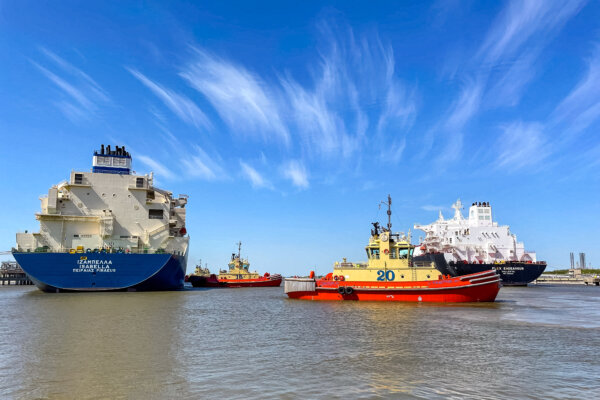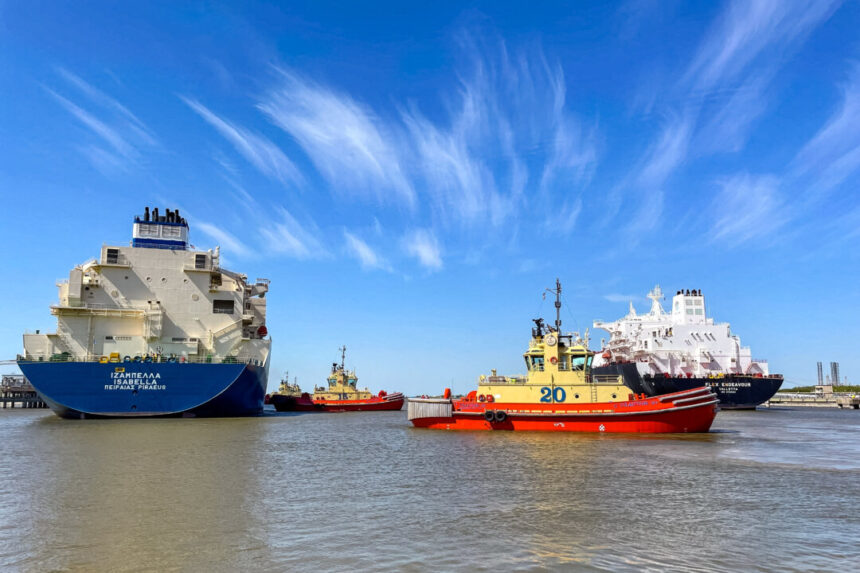
If the project is approved, it is projected to start shipping 9.3 million tons of liquefied natural gas annually from Cameron, Louisiana.
A U.S. court has instructed federal regulators to review their approval of Commonwealth LNG’s Louisiana liquefied natural gas project.
On July 16, the U.S. Court of Appeals for the District of Columbia Circuit ordered the Federal Energy Regulatory Commission (FERC) to reassess the impact of greenhouse gas emissions after several environmental groups filed a lawsuit to halt the project.
The environmental groups contested FERC’s endorsement of the project, claiming that the agency did not adequately assess the requirements of the National Environmental Policy Act or the Natural Gas Act when it approved the project in November 2022.
The court partially agreed with the environmental groups.
“The Commission did not adequately explain its failure to determine the environmental significance of the project’s greenhouse gas emissions, and it did not sufficiently evaluate the cumulative effects of the project’s nitrogen dioxide emissions,” wrote Judge Brad Garcia in the court’s decision. “However, the Commission did fulfill its obligation to consider alternatives to the project.”
Commonwealth LNG did not respond to The Epoch Times’ request for comment prior to publication.
Commonwealth LNG would be one of eight terminals included in the LNG plan for Southwest Louisiana.
“We believe it is ‘reasonably likely’ that, upon reconsideration, the Commission can address the deficiencies in the GHG emissions and cumulative effects analyses and still authorize the Project,” Judge Garcia wrote.
The judge presided over the case in February alongside Judge Karen Henderson.
The plaintiffs in the combined lawsuits include Healthy Gulf, the Sierra Club, the Louisiana Bucket Brigade, the Center for Biological Diversity, and the Turtle Island Restoration Network.
Sierra Club attorney Nathan Matthews, who argued the case, stated that the court’s ruling was a victory for those residing in the communities near the project.
Mr. Matthews expressed that FERC now has an opportunity to consider the “full scope of air pollution and greenhouse gas emissions” and reverse its decision for the well-being of those he claims would be affected by the LNG project.
“The court affirmed that FERC cannot continue exacerbating the issue by approving new projects without first assessing the cumulative impact on the health and welfare of surrounding communities, in addition to the broader contributions to climate change,” Mr. Matthews concluded.





